Copyright 2019 Walter de Gruyter GmbH, Berlin/Boston
Library of Congress Cataloging-in-Publication Data are available from the Library of Congress.
ISBN: 9781580443654
eISBN: 9781580443661
All rights reserved. Without limiting the rights under copyright reserved above, no part of this book may be reproduced, stored in, or introduced into a retrieval system, or transmitted, in any form, or by any means (electronic, mechanical, photocopying, recording or otherwise) without the written permission of both the copyright owner and the author of the book.
Every effort has been made to obtain permission to use all copyrighted illustrations reproduced in this book. Nonetheless, whosoever believes to have rights to this material is advised to contact the publisher.
Blind Spots of Knowledge in Shakespeare and His World
Subha Mukherji
Blind Spots: A Concept and Its Typology
W HEN, IN KING LEAR , the old man refuses to leave Gloucester despite his bidding, because Gloucester cannot see [his] way, the blind Gloucester replies, bitterly reflecting on his earlier failure to recognize his sons morally:
I have no way, and therefore want no eyes.
I stumbled when I saw. Full oft tis seen,
Our means secure us and our mere defects
Prove our commodities ...
(F, 4.1.1821).
What do we see when we cannot see, or see defectively? How do our blind spots prove our commodities? By extension, what happens when seeing and knowing are prised apart? What is the epistemic purchase of unseeing? In the same play, Lear questions the familiar sensory hierarchy of Aristotelian epistemology, where sight best helps us to know things, a privileging also familiar from the Platonic tradition where knowing is a kind of seeing.
Yet even the internal processes of the retina are more dynamic and less settled thanliterallymeets the eye, which sees more than it sees through means secure. The assumed relation in social discourse between ocular vision as vehicle and perception as tenor is unsettlingly reversible. So the optical metaphor remains functional, and has an unexpected synergy with the social, psychological, and interpretative acts of seeing to which Berger has trained us to be attentive. The blind spot is a part of the retinathe optic disc or nerve-headwhich lacks photoreceptor cells. Hence, no vision is detectable at this spot in the visual field. But, by a curious process of readjustment, the brain reads the blind spot by interpolating it with information from the surrounding field, including the other eye: so the blind spot itself is not visible to the eye to which it belongs. But, because of its invisibility in the normal sense, it induces an optically inventive way of seeing, activating tools of perception not ordinarily in use. It is, thus, analogous at once to a particular point in a larger picture that, for different possible reasons, we fail to see and to a mental act of seeing that makes up for what is off-scene by seeing indirectly, inferentially and imaginatively. But there is a further twist in the paradoxical reach of the blind spot as metaphor: in a digital photo of the retina, it looks dazzling. Thus, it is at once blind in that it cannot see, or be visible to vision, and blindingly bright in its dense, nerve-packed opacity when imaged.
It was not till 1660 that the French physicist Edm Mariotte sensationallydiscovered and documented the blind spot, as noted by Supriya Chaudhuri in this volume. Yet the perceptual implications of the scotoma in any given monocular field of vision were understood, and in productive use, in the cultural imaginary of the late sixteenth and early seventeenth centuries: a contrapuntal strand in the dominant ocularcentrism of its texture. Shakespeare, for one, seems to have known the blind spot of the eye and the mind well before it floated within the ken of science. The viewing relations and optical agencies implicated by its blindness inform and structure his explorations of the forms, processes, and intersubjectivity of knowing, our possible engagements with it, and the business of representationmaking visible and thereby knowable. The love-juice with which Puck streaks the lovers eyes in A Midsummer Nights Dream , from which the dream of the night arbitrarily ensues, engendering at once hateful fantasies and unlikely [enthralments] (2.1.258; 3.1.116), makes the Platonic optics of love run helter-skeltera playful send-up of what George Hakewill (and Stuart Clark, after him) call the vanity of the eye: the assumptions of the rationalism and primacy of sight. pushing the implications of seeing what is not visible, and not seeing what is, by deploying his medium . Shakespeares works are our focus, but not our horizon. This volume, likewise, is an indicative probe rather than an exhaustive exploration. We hope that it will thematize an internally complementary process, between text and hermeneutics, and make it available for a wider range of works in the early modern period.
In common parlance, a blind spot is an obstructed view, or an instance of partial or partisan perception, or even a localized lack of understanding, its meaning sliding from the physical to the cognitive to the epistemological. Integral to Shakespeares recreation of human reality, both individual and relational, this function determines the first kind of blind spot in his works, which repeatedly stage moments of unmastered and unmasterable knowledge, whether it is because characters cannot or will not know it. This can take the form of a perceptual failure or denial within the fiction that can exact a devastating cost, as when Emilia in Shakespeares Othello and perhaps Gertrude in Hamlet , especially the Folio textresist knowledges about their own agency and their husbands designs that are accessible, but emotionally unaffordable. Or think of The Winters Tale when Leonteswith doomful shades of Oedipusnot only declares the oracle void of truth, but perversely refuses to see the corrosive damage his jealous fury is wreaking on his loved ones, and interprets Mamilliuss reactive sickness in the light of the only knowledge in his sight: Conceiving the dishonour of his mother! / He straight declind, drooped, took it deeply, / [...] / And downright languishd ( The Winters Tale 2.3.1317). Looking the obvious in the face, Leontes fails to see it. His vision is so skewed by his too much [belief] in his own suspicion (3.2.151) that he forgets the sanity of seeing at its simplest, most lucid level as he declares its irrelevance in proving his wifes assumed guilt:

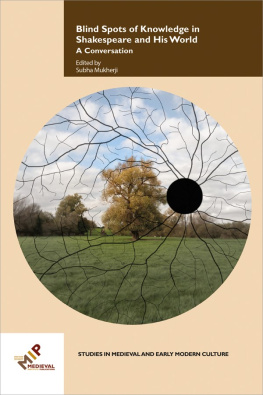

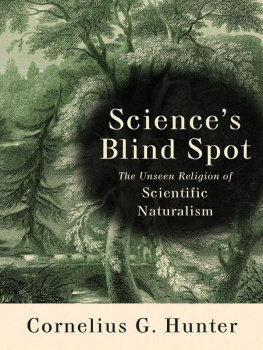

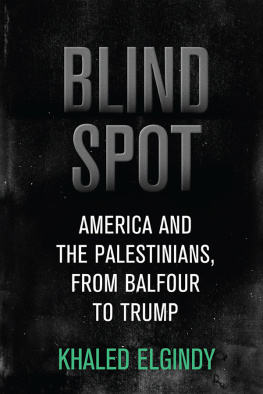
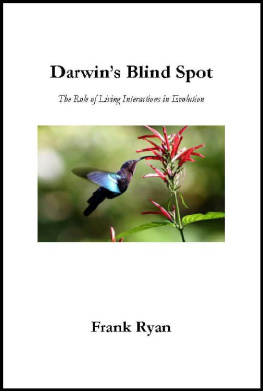
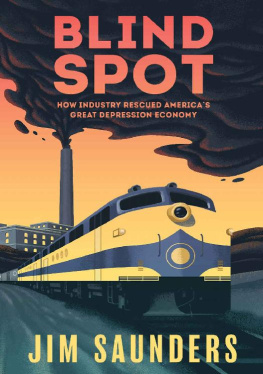
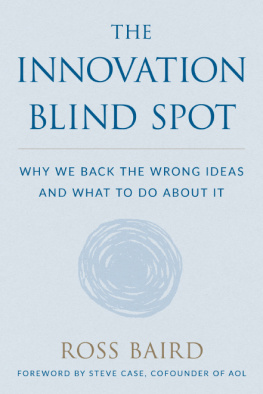
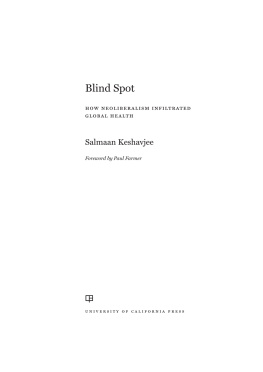
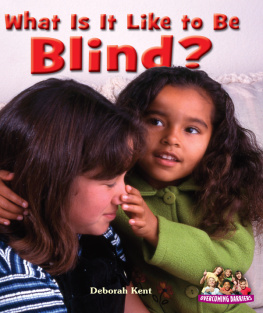
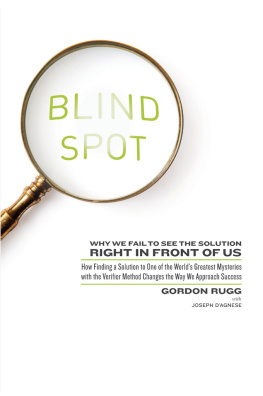
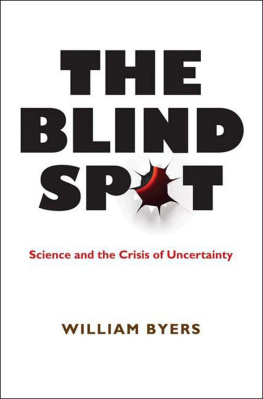
 W ESTERN M ICHIGAN U NIVERSITY
W ESTERN M ICHIGAN U NIVERSITY